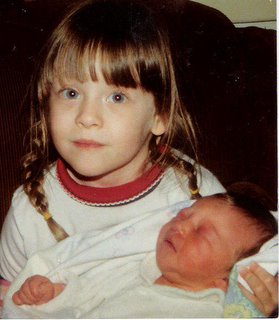
40 years ago this week, my grandfather Phil, my mother’s father, died of a massive heart attack. He was 57 years old. He had been a smoker since childhood, having grown up poor on the streets of Fishtown in the early years of the 20th century. He left behind a wife, three children and scores of family and friends who loved him dearly.
By all accounts, he was the nicest man anyone who knew him ever met. He loved babies in a time when it was unheard of for a man to change a diaper. He cared for my grandmother’s extended family, taking bags of groceries to nieces that were his only by marriage, when their father was unable to provide for them. He was a lawyer who never went to an undergraduate institution, and was terrified by the idea of appearing in court. He was a man without pretense, snobbery or great ambition. He wanted to live, to take naps on the davenport on the sunporch, to read Agatha Christie novels, to vacation in Florida once a year and to love his family.
My mother’s cousin Angie once told me that one of the reasons she married a lawyer was because she thought that all lawyers were as wonderful as her Uncle Phil. If only it were true.
At the time of his death, his oldest son was in the Army, having been among the first wave to be drafted to Vietnam. My mother remembers clearly that he said often, “I would trade my life for his to bring him home safely.” Although he never knew it, that’s exactly what he did. The night he died, my uncle had 89 more days to serve before his tour of duty was over. In those days (it may still be the same, I’m not exactly up on the inner workings of the military) Army policy was that if you had a death in the family and you still had 90 or more days to serve, you could go home for the funeral, but then you had to return to duty. If you had 89 days or less, you would be send home, your duty discharged. My uncle came home, grief-stricken, but safe, from Vietnam. The rest of his unit did not fair so well. The location where he had been stationed was bombed shortly after he left, and many were killed.
Obviously I never had the opportunity to meet my mother’s father, although I feel I know him well. He bought the apartment I now live in, never thinking that he was providing a home for a granddaughter who’s parents hadn’t even met. Forty years after his death, he is still loved, missed and remembered. And in that way, he still lives.






